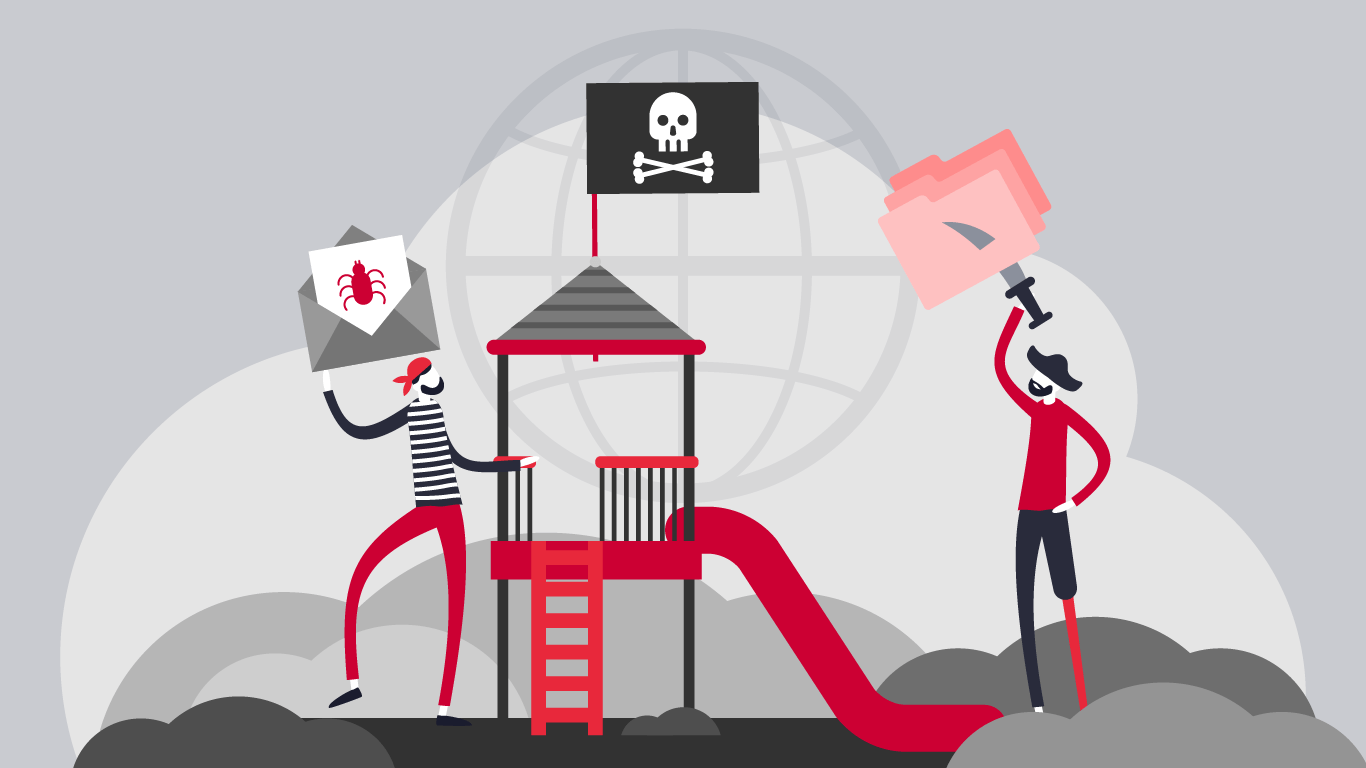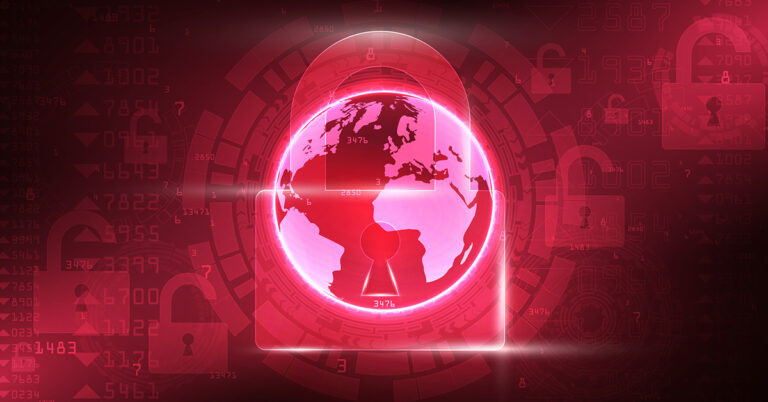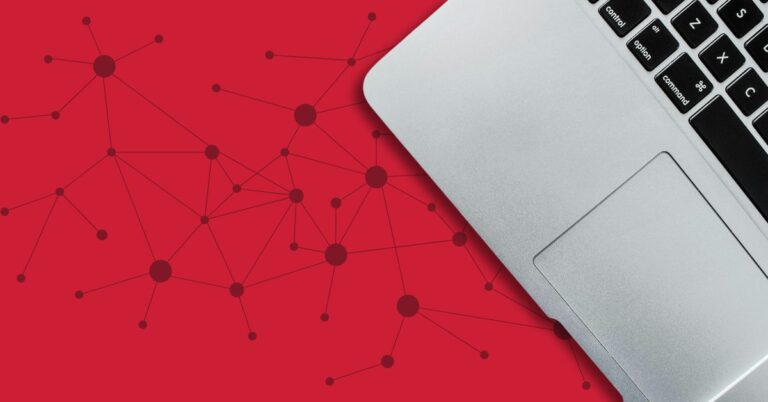However, with so much of our time spent plugged into the internet, it is becoming an increasingly common place for crime. Providing both convenience and anonymity, it’s no surprise that criminals are using the ever-evolving technological landscape as their playground. Your digital world and everything in it is potentially filled with scams, viruses, malware, spyware, and other less pleasant surprises for your electronic devices.
The Start of It All
When the first computer was built at the University of Pennsylvania in 1946, there wasn’t much risk for virus or scams. Firstly, because the computer weighed about 50 tons and contained more vacuum tubes than circuit boards. Secondly, because the computer (named ENIAC or Electronic Numerical Integrator and Computer) was capable of solving numerical problems through reprogramming, and therefore did not connect to anything but itself. There simply wasn’t a virtual world from which to catch a virus.
It wasn’t until about 1972, when HP launched its microcomputer, or 1975, when MITS Altair gained traction, that computers began their takeover. Later, the personal computer boom, brought about by IBM and Microsoft, created the starting point for technology in our daily lives. This was, no doubt, what author Bruce Sterling had in mind when he said,
“The electronic landscape changes with astounding speed. We are living through the fastest technological transformation in human history. I was glad to have a chance to document cyberspace during one moment in its long mutation; a kind of strobe-flash of the maelstrom.”
— From the afterword, The Hacker Crackdown: Law and Disorder on the Electronic Frontier, 1993
How right he was; we are continuously experiencing the transformation of innovative technology. Sterling, an American science fiction author, dubbed the internet “cyberspace” and from there the virtual realm was taken to the big screen. In 1995 Sandra Bullock starred in The Net, which depicted the internet as a cyberspace, showcasing criminal activity and the pitfalls of unsecured electronic information. That same year Hackers, starring Angelia Jolie was released; giving us a virtual view of the internet and cyberspace as a digital highway. Both films brought to light the increasing number of threats and malicious content to be found online.
Why is all this important? We exist in a physical world tracked on a virtual space, filled with pitfalls and danger zones that must be avoided. Treacherous but hidden behind pretty wrapping.
Internet Crime is a Crime You Can Report
We must remember when being targeted, that internet crime is just that; a crime. Those individuals or groups that use illegal methods, like scams and phishing schemes, are criminals. Reporting those crimes to the right authorities is crucially important to protecting ourselves in the future. Regardless of whether we bite the sour fruit or not, reporting the attempt will enable the right people with the right connections to shut down the illegal activity before it becomes profitable.
According to news released by the FBI Cyber Division, they receive over 20,000 complaints a month. That is a lot of data to sort through. However, they need all the information they can get. Taking down hackers and halting cyber-crime requires much of the same work you would expect from a local police force, and then some. Most often hackers are working across national boundaries, either bouncing signals or living in countries without stringent anti-hacking or piracy laws. Because of the road blocks halting traditional law enforcement work, many task forces are created to work across national boundaries. Tracking these trends to locate cybercriminals requires every bit of information about where attacks are coming from.
That is where every correspondence is important to those working to hamper cyber-crime. It’s no joking matter either. For some time, internet crime was considered a minor offense with little repercussions; and in many cases, a slap on the wrist and a fine was considered appropriate. With increased crime, there has been more stringent punishment. To date, the lengthiest prison sentence issued in the USA for hacking/identity theft occurred in 2010 when Albert Gonzalez, then 28 years old, received 20 years in prison for stealing some 90 million credit/debit card numbers from a collection of high-profile companies including TJX, Office Max, and Dave & Busters.
Cyber-crime does not help our economy, they hurt it and injure consumers’ confidence in the security of their purchases. Technology is changing at an exponential rate; so too should our security measures be adapting to combat the latest threats.
We now have automated cars that park themselves, and hoverboards inspired by time-traveling Marty McFly. Touchscreen technology has evolved from a dream, based in science fiction, to something that many of us use daily. What are we dreaming of today in the field of technology that currently seems unattainable?
How innovative of us as a people to dream up something, and achieve what was once impossible.




